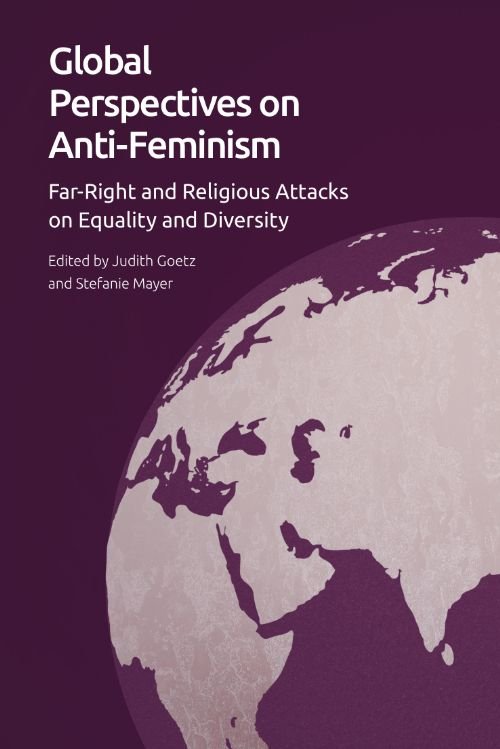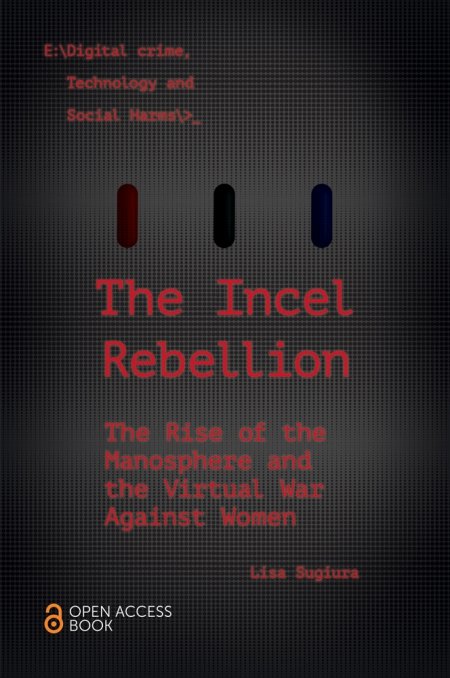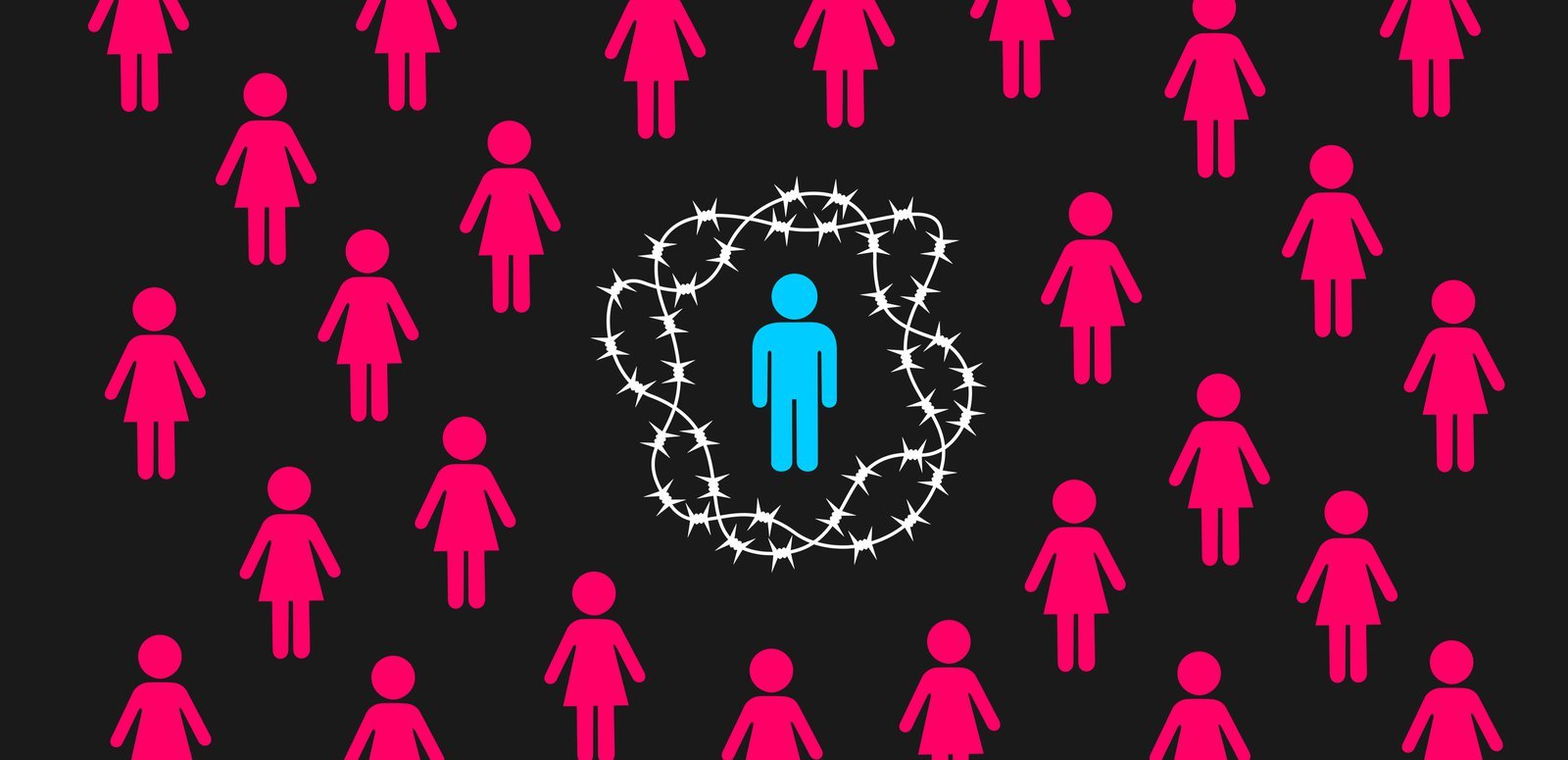
Global Perspectives on Anti-Feminism
This new book brings together research and analyses from five continents in order to promote a global perspective on the thoroughly global phenomenon of the current culture wars around sex and gender. The contributions show how transnational networks spread discourses that were developed in the Global North, and how they become re-articulated in different national, political and religious contexts.

New Volume on Male Supremacism in the United States
This volume is the first collection of works around the theory of male supremacism: the system that disproportionately privileges cis men and subordinates cis and trans women, trans men, and nonbinary people. It aims to help correct the failure to take misogyny as seriously as racism, xenophobia, and antisemitism when researching the Right.

The Incel Rebellion
Drawing on ethnographic research and interviews, this book provides an original and timely insight into the development of the manosphere, how and why people join and self-identify as incel, the extent to which the influence and philosophy of incel and the incelsphere draws on and is penetrating mainstream culture and political discourse, and its harmful impact.

Misogynist Incels and Male Supremacism
This policy brief, explores the history of incel identity and the development of a new misogynist ideology since 2014. It explains core concepts related to dehumanization and entitlement, significant frameworks such as the “red pill” and “black pill,” and violence as central to the movement ideology. The authors focus on conveying information most relevant to understanding and addressing potential violence by misogynist incel perpetrators, providing short overviews of issues such as race in incel communities. The brief identifies a range of concerns for policymakers and further research on how incels and misogyny fit into effective responses to violent extremism.

Male Supremacist Terrorism as a Rising Threat
The recognition of misogyny as a motivating ideology for far-right mobilisation and acts of mass violence has been slow to evolve. Even as there has been a growth in attention to far-right movements and parties in Europe and the United States, this has primarily focused on racist and xenophobic ideology. Since 2018, however, this has begun to change.

Shooting in Tallahassee Illustrates Increasing Misogynist Violence
When the news broke on November 2, that a male shooter had killed two women at a yoga studio in Tallahassee, Florida, the Collier Township gym shooter immediately came to my mind. A middle-aged White man who shot and killed three women at a fitness class in Pennsylvania in 2009, he had angrily lamented going years without sexual intercourse and blamed all “30 million…desirable single women” that he estimated existed in the United States for rejecting him.

Before The Alt-Right: Anita Hill And The Growth Of Misogynist Ideology
In October 1991, Professor Anita Hill testified before Congress that her former supervisor, Supreme Court nominee Clarence Thomas, had sexually harassed her in the workplace. The committee of White male senators conducting the hearings (chaired by then Sen. Joe Biden) responded to Hill, an African American woman, by disparaging her character and questioning her motives.

“The Incel Rebellion”: Movement Misogyny Delivers Another Massacre
On April 24, minutes before the Toronto van attacker plowed his van into a busy pedestrian street in Toronto, killing 10 and wounding at least 13—predominantly women—the 25-year-old posted an explanation of sorts on Facebook: “Private (Recruit) Minassian Infantry 00010, wishing to speak to Sgt 4chan please. C23249161. The Incel Rebellion has already begun! We will overthrow all the Chads and Stacys! All hail the Supreme Gentleman Elliot Rodger!”

Mobilizing Misogyny
Unquestionably, President Donald Trump’s demonstrated enthusiasm for catering to the Christian Right on abortion—and obliterating their memory of his pro-choice past—spells trouble for reproductive rights. But that’s not the only threat to women under Trump’s new order. Trump’s campaign distinguished itself from those of other Republican candidates by its attacks on women: regularly insulting women’s appearances or behavior and defending physical and sexual harassment and violence against them.

